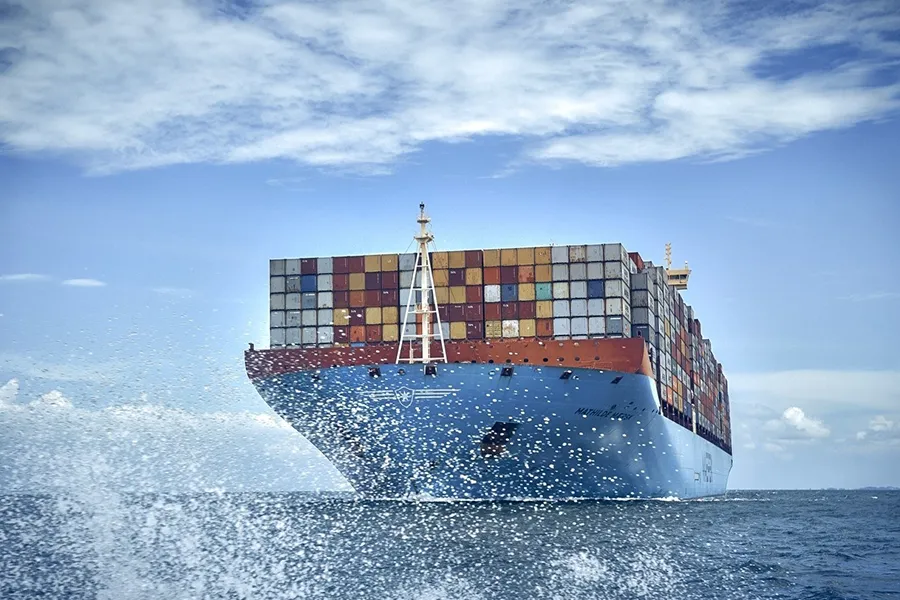
Volvo Cars Makes Revolutionary Change! Say Goodbye to Fossil Fuels in a Surprising Move
In a groundbreaking move, Volvo Cars has become the first global car maker to transition its intercontinental ocean freight from traditional fossil fuel to renewable fuel. This shift will result in an immediate reduction of fossil CO2 emissions by a staggering 55,000 tonnes annually. By using renewable fuel, CO2 emissions are slashed by at least 84 percent compared to fossil fuel. This reduction is equivalent to the emissions of a truck circumnavigating the equator a mind-blowing 1,200 times.
The renewable fuel used for these seafaring journeys is Fatty Acid Methyl Esters (FAME), derived from renewable and sustainable sources, primarily waste cooking oil. Importantly, no palm oil or feedstock associated with palm oil production is utilized in the process.
Volvo Cars will implement renewable fuel for inbound ocean container transports of production materials destined for manufacturing plants in Europe and the Americas. Additionally, all spare parts distribution worldwide will be conducted using renewable fuel for ocean container transports.
Javier Varela, the Chief Operating Officer and Deputy CEO, emphasizes, “Renewable fuel is just the beginning when it comes to reducing CO2 emissions in ocean freight. However, this initiative demonstrates that we can take action now and implement solutions that yield significant results while we wait for long-term technological alternatives.”
Javier adds, “We don’t see this initiative as a competitive advantage. On the contrary, we aim to inspire other car makers to take action, driving demand for carbon-efficient ocean transports and establishing renewable fuels as a viable mid-term solution. We all share the responsibility to act.”
Volvo Cars collaborated closely with logistics partners Maersk, Kuehne+Nagel, and DB Schenker to realize this initiative. Starting from June 1, 2023, these logistics service providers have switched to renewable fuel for the energy required in all container transports for Volvo Cars.
In cases where renewable fuel is not available for a specific shipment, our allocated renewable fuel is used by the logistics partner for another customer’s route elsewhere. This ensures that the overall reduction in fossil fuel usage remains consistent with the actual use in container vessels. The methodology, known as mass-balancing, undergoes regular third-party audits. The renewable fuel itself is certified and does not compete with food crops, making it sustainable in accordance with the EU Renewable Energy Directive.
Javier Varela states, “We are constantly exploring sustainability opportunities throughout our supply chain and our overall business. Our list of initiatives continues to grow as we strive to become a climate-neutral company by 2040.”
Volvo Cars is committed to reducing its lifecycle carbon footprint per car by 40 percent between 2018 and 2025, requiring a 25 percent reduction in operational emissions, including logistics. Additionally, the company aims to achieve climate-neutral manufacturing by 2025. These milestones represent crucial steps towards fulfilling Volvo Cars’ climate-neutral ambitions.
(Note: Well-to-Wake (WTW) comparison of fuels includes emissions from production and use of the equivalent amount of energy.)